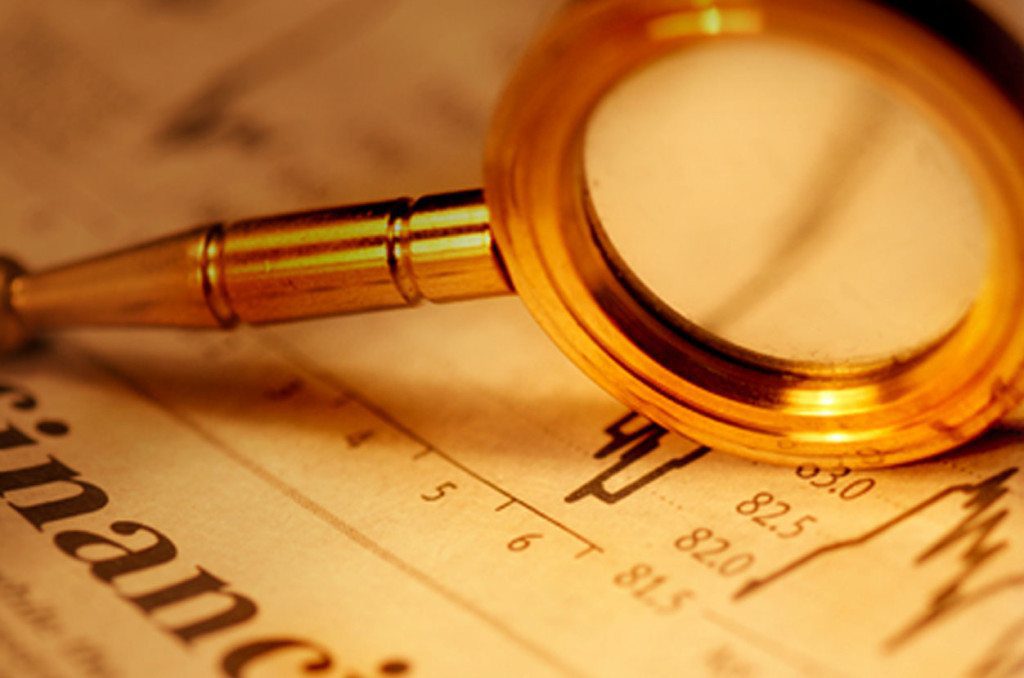Imagine you are the head of a large company and evidence is discovered of a fraud scheme that has led to money lost, the extent of which you do not know. Or, perhaps you’re a partner in a law firm that’s trying to get to the bottom of a situation where your client’s company is missing considerable money from its accounts. Both of these hypothetical scenarios, and many more, call for the services of a specialized forensic accountant.
Forensic accounting definition
Forensic accounting is a thorough examination of an individual or business’s finances, suitable for legal purposes, using investigative, accounting and auditing skills. Rather than analyze the numbers like a conventional accountant, a forensic accountant digs deeper to determine the magnitude of what occurred, who was involved and how it impacted the business. More often than not, a forensic accountant’s findings are used in court to lay the foundation for particular financial crimes or claims for recovery.
Those in need of a forensic accountant’s services are wise to seek a prompt, thorough and effective professional, as the outcome of their examination can have substantial legal implications. It takes an individual who has a long, storied history of performing intense inspections of financial information for their clients and an even more impeccable record of performing well under pressure in court. A client wants to trust their forensic accountant to get to the bottom of the issue in question.
What does a forensic accountant do?
When money goes missing, or questionable transactions arise, a forensic accountant examines financial data to determine what occurred. With their findings in hand, they can give a thorough analysis of the situation to the entities who hired them, or as expert witnesses in court. Their work can support a wide range of organizations in litigation, such as insurance companies, law enforcement agencies, law firms and public accounting and consulting firms.
Forensic accountants’ specific duties often depend on the nature of the situation. Some work more narrowly and focus on a particular specialty, such as public accounting, while others may tackle more wide-sweeping issues for law firms or law enforcement agencies. Regardless of a forensic accountant’s specialty or areas of focus, they may testify in court with their findings.
Areas of forensic accounting
The two most significant areas of forensic accounting are fraud and embezzlement. In the case of fraud, the nature of the scheme, what transpired and what purpose for which it was carried out are investigated. Concerning questions of embezzlement, a forensic accountant “follows the money,” beginning with the one overseeing the money and working to determine where it went, other than its intended destination.
Some forensic accountants aid those filing for bankruptcy or attempting to collect a debt from another individual or business entity. Their analysis could comb through a potentially bankrupt person or business’s finances to determine whether they have the assets they’re claiming, or are hiding money they could use to satisfy their creditors. Often, people trying to evade creditors will conceal assets hoping that they don’t have to start from scratch once freed of their obligations. In situations where civil suits are involved, the party that receives a judgment can go after whatever is available to pay that judgment in full.
Forensic accountants may also contribute to divorce court. Dividing up assets is not a pleasant part of the end of any marriage. Hiding assets occurs, as it does in the case of bankruptcy proceedings. A husband who owns a successful business might try to dilute its value to make it seem less appealing to their soon-to-be former spouse. A forensic accountant can help ensure that all business valuations are accurate.
What is a forensic audit?
Those organizations embroiled in fraud or embezzlement controversies may have issues where the people responsible for the financial accounting are either looking the other way or directly involved in committing the crime itself. It’s also possible for accountants to make mistakes or miss things that someone else might have caught at first glance. Getting another set of eyes on financial documents is a good idea regardless of whether there is evidence of wrongdoing or not.
Conclusion
Nobody wants to be the victim of a fraud or theft. Luckily, there’s no need to go about this fight alone with the help of a trusted forensic accountant. Perpetrators will try to find every possible way to sweep their misdeeds under the rug in the hopes that no one will notice. Traditional auditing techniques only go so far when there are mountains of financial records in play. A forensic accountant with the requisite skills is necessary to detect, investigate and prove the extent of the wrongdoing and those involved to help companies and individuals recover what is possible.

